I met Oreste Kirkop for the first time in my office at Standard Publications, in Tower Road Sliema in the early '90s. He had enormous presence, dignified, subdued, softly spoken. We spoke briefly about his career and I offered to run a feature for him in our monthly magazine FIRST which I was then editing. In fact, that feature ran into at least three instalments of several pages each but unfortunately I kept none of them. I am basing what I am going to write largely on a scrap book put together by him and of which he gave me a copy. It is just part of a 600 page album about his career. The full album is deposited at the National Library in Valletta (Ms 1568). Some enterprising person should write a biography about our superstar, perhaps make it the subject of a thesis. His daughters are still around and they could certainly contribute to it. He deserves it.
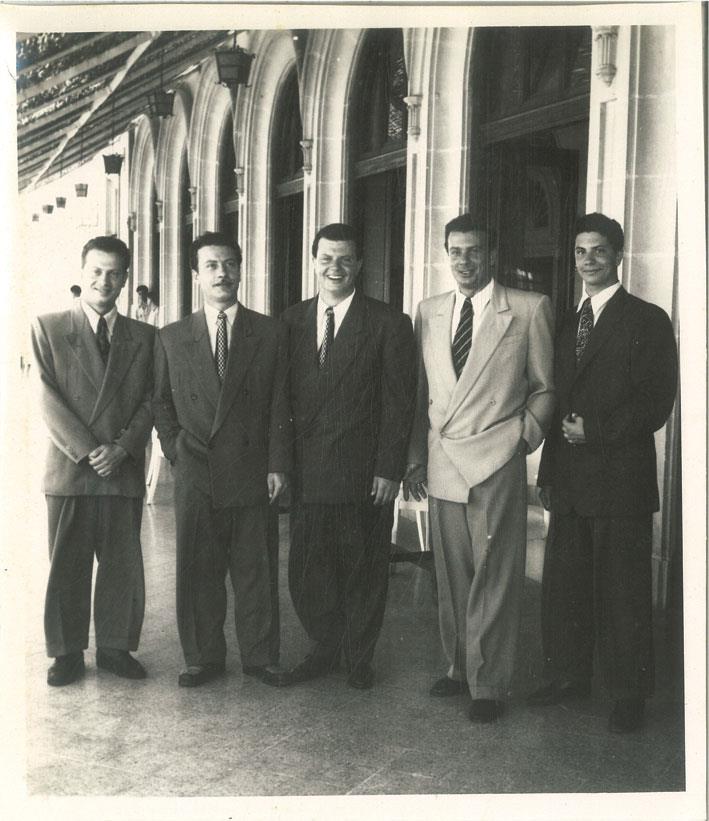
As an introduction to this album George Zammit wrote in 1983: "... these cuttings are but a few eulogies - that speak for themselves - by prestigious critics, on this artist's road to success... They bear witness to the fact that Oreste reached the highest degree of success both as a singer and as an actor. As a tenor, he has been defined "superb" and "the best singer in Covent Garden since Beniamino Gigli."
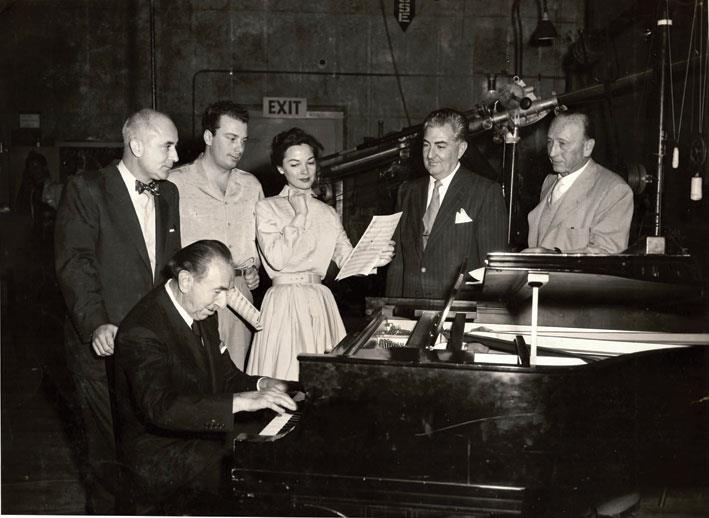
In the Yorkshire Evening Post of September, 1950, in an article on fine new opera singers a headline ran: "He is an echo of Caruso" The author goes on to write: "Kirkop for whom a great future is predicted, is a young tenor of distinguished appearance and fine physique. He recalls Caruso, no less, say people who knew that prince of singers."
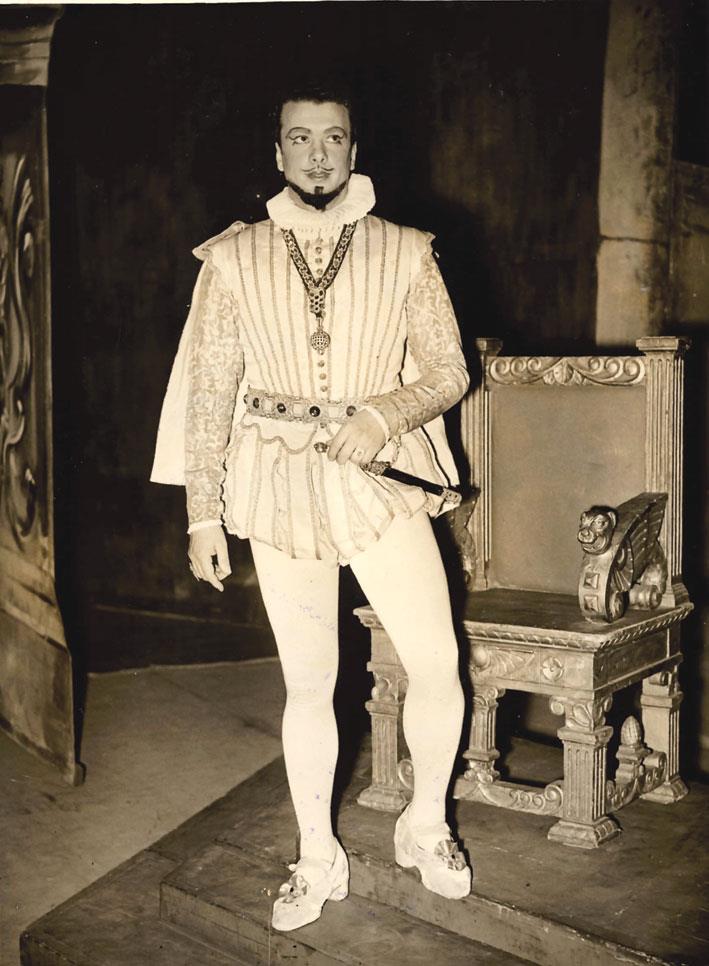
In The London Times, in 1953, following a performance of Tosca at the Sadler's Wells Opera where Oreste sang Cavaradossi. "He is certainly a valuable acquisition to the company for heroic roles since not only has he a voice of brilliance and ample power but his English is good and her understands just how far English taste like the extremes of Italian delivery to be modified... his vocal line is clear-cut and if there is no vocal lyricism in the quality of the voice itself, the sounds he makes are always agreeable and his interpretation is intelligent."
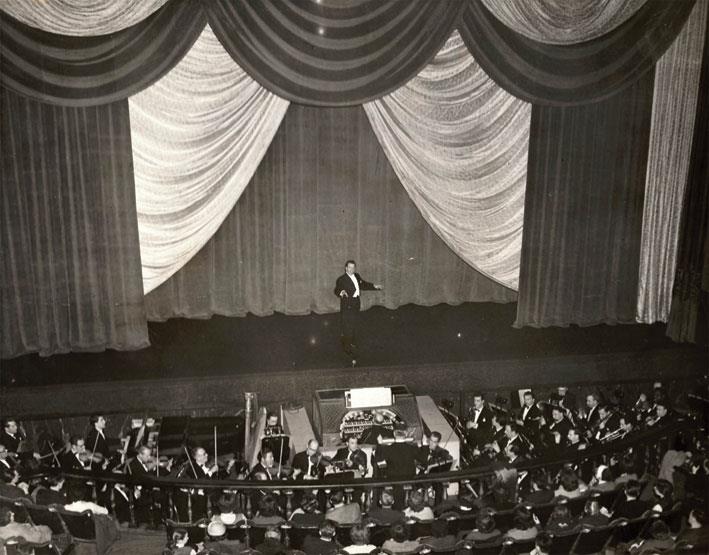
In September 1954 Andrew Porter wrote in the Financial Times after a performance of Tosca: "With Oreste Kirkop's departure for Hollywood, Sadler's Wells lost their splendid Cavaradossi."
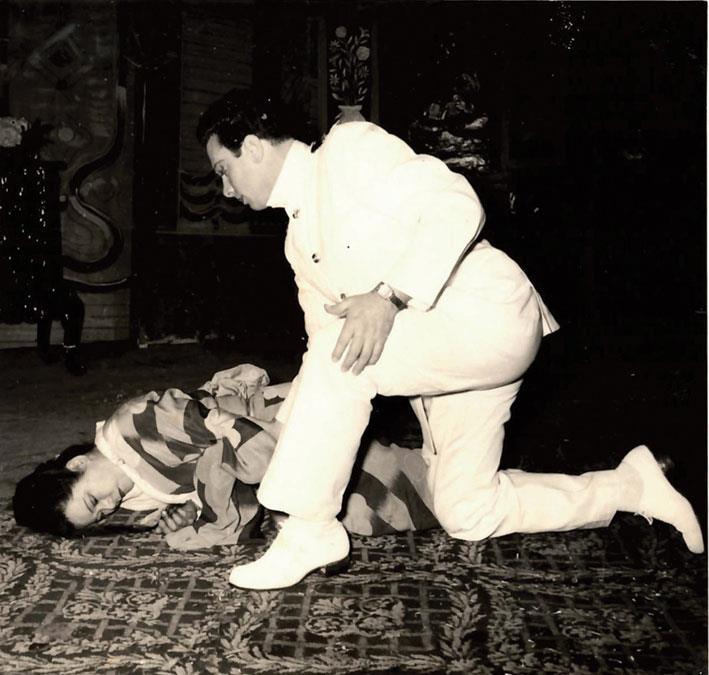
Oreste was the first Maltese to sing a major role at Covent Garden in 1954, that of the Duke in Rigoletto at the Royal Opera House. The critic of The Star ran the headline: "Kirkop Superb at Covent Garden" going on to giving him fulsome praise: "Oreste Kirkop, a superb tenor, made the amorous Duke a pleasure to hear and watch, Marko Rothmuller was a wonderful Rigoletto and Mattiwilda Dobbs a lovely Gilda. They sang as if it gave them pleasure - and the audience felt the same: so much so that the opera had to halt while each song was applauded. And whether one approves or disapproves of this habit it is something that does not often happen at Covent Garden."
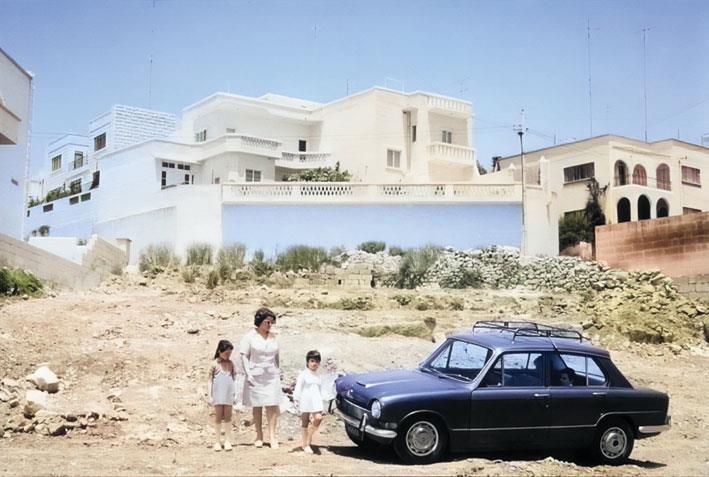
In 1959 Oreste was to co-star with Ginger Rogers in a new TV Musical Carissima. But according to several press cuttings he dropped out of it. Some say it is because he felt he could not do justice to the part in less then two weeks of rehearsals. But the West Kent Mercury in Bromley had other ideas. "It could be that the rehearsal reason was genuine, but on the other hand, it is possible, that the particular Oreste, who was not wildly keen at the way he was treated in Hollywood, read the script of this somewhat limp musical and decided to cry off."
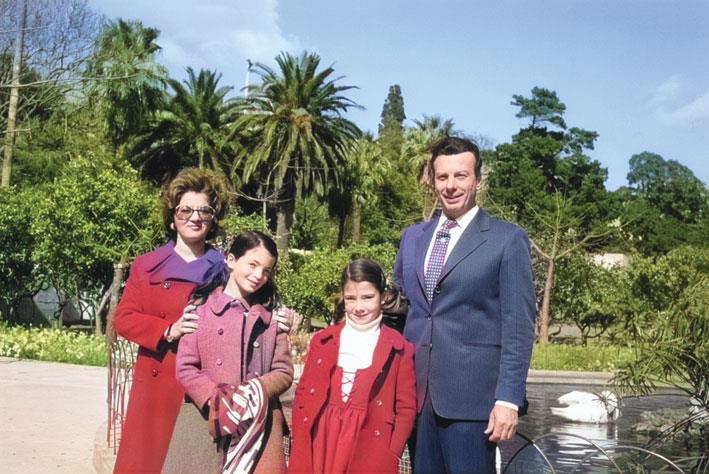
There is even a cutting from Le Cernéen (Port Louis, Mauritius), a newspaper I am very well acquainted with but which unfortunately 'died' for lack of funds when I was still there. In January 1954 it was announcing that the BBC was going to transmit the opera Luisa Miller (the date as yet not fixed) with the leading role sung by the young successful Maltese tenor, Oreste Kirkop.
In this album there are cuttings from everywhere in languages I do not understand but there is nothing but praise for Oreste Kirkop, in those languages I do understand.
I asked his daughters Susan and Anita to give me a comment each. Here is Susan who is a vet: "It is not easy to try to sum up what I think of and how I feel about my father in a few sentences. He was sincerely the most dedicated and driven person I have ever met in my life. He did everything with gusto and passion. He was humble, generous, strong and very family-oriented. Two things come to mind, he would say: "tagħqtax qalbek." He used to say that his father used to tell him this when he was at the very beginning of his career and he repeated it to me before I went to study to be a vet in Italy. He also told me that he would never consider competing in anything unless he had a good chance of winning. "Losing is not good for the morale" he would say.
Here is Anita: "He always told us to be happy in life no matter what and to always count our blessings. 'Always see what good you can do for others. Help and support others whenever you can.' Daddy was a sentimental person and treasured every drawing, card and what not we ever gave him. He was the most loving and caring person I have ever known in my life, and would go to the ends of the earth for us and his family. He did not like the artificial ambience of Hollywood. He was a family man not just for us but also his mother and siblings. He loved singing and music until the day he passed away."
I regularly listen to the vinyl records he gave me, now somewhat scratched and the CD's. He was a great one and I salute him. A belated Happy Birthday Oreste!
I wish to thank Anita for having all the photos scanned.

Biography
Kirkop was born in Ħamrun He was the sixth child among the ten siblings of Jean Chircop and Fortunata Panzavecchia. He started to realise his singing capabilities while singing in the shelters during wartime. Afterwards he took lessons from Maltese tenor Nicolo Baldachino. Oreste made his operatic debut on 25 February 1945 as Turiddu in Cavalleria Rusticana at the Radio City Opera House in Ħamrun. In 1948, he met Maltese baritone Joseph Satariano who encouraged him to start an opera career in the UK. Between 1949 and 1950 he continued singing opera with visiting Italian companies and appeared in concert with Tito Gobbi and Maria Caniglia.
In 1950 he moved to the United Kingdom and sang principal tenor roles with the Carl Rosa Opera Company, later with Sadler's Wells (1952) singing Turiddu, Mario Cavaradossi, and Rodolfo in Luisa Miller. He appeared on BBC TV as Canio in Pagliacci.
In 1954, Kirkop made his Covent Garden debut as the Duke in Rigoletto and later as Rodolfo in La Bohème. A contract with Paramount Pictures led to the leading role of François Villon in the 1956 film version of The Vagabond King.
He sang opera at Las Vegas and the Hollywood Bowl and appeared on NBC TV in pioneering productions of Madame Butterfly, La Traviata and Rigoletto.
On 4 August 1956 he performed at the Hollywood Bowl Concert in Los Angeles with the Los Angeles Philharmonic and the Roger Wagner Chorale under the direction of Carmen Dragon.
In 1958 he returned to Covent Garden. He married his wife Therese in Malta on 15 August 1963 and they had two daughters, Anita and Susan. He retired completely from singing in 1960 at the age of 37. His retirement was mainly due to heart problems after being told by doctors that he might die on stage if he continued his singing career after the age of 40. Oreste Kirkop died aged 74 on 10 May 1998.
(Source: Wikipedia)
